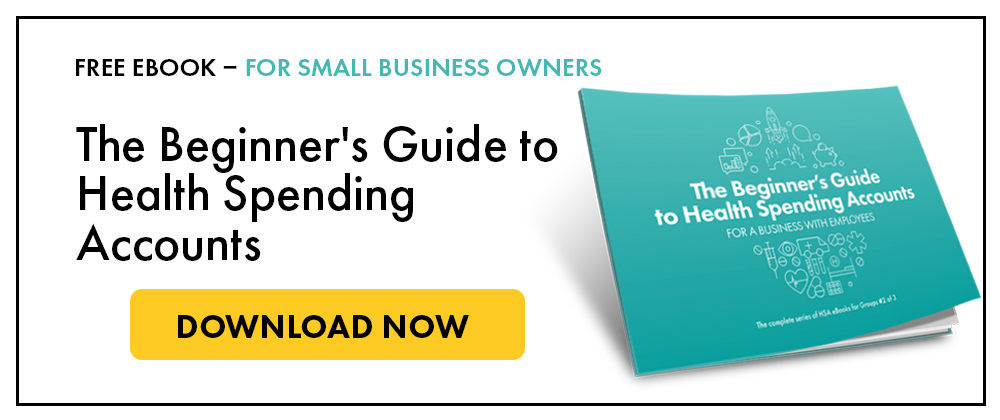Most employee benefits add to an employee's total taxable income. These are referred to as 'taxable benefits'. Employers should be wary of the tax implications an employee may face when receiving a taxable benefit and vice versa. A general rule of thumb is that non cash gifts or awards should not surpass $500 in any given year, otherwise, excess amounts should be reported to the employee's total taxable income.
What is the difference between a taxable and non taxable benefit?
While an employee will not directly pay for a taxable benefit given to them, such as a $2000 watch awarded at the end of the year. The amount will be reported to the employee's total annual income. In this case, the amount exceeding $500, which is $1500 will be considered money the employee can be taxed on. On the other hand, a non taxable benefit will not contribute to an employee's annual income. An example of a non taxable benefit is a Health Spending Account.
What is a Health Spending Account?
Health Spending Accounts are a tax free or non taxable benefit which can be provided to employees. It helps employees pay for their medical expenses with tax free dollars.
Why is it non taxable?
It is non taxable because it complies to eligible medical expenses set forth by the CRA.
How does it work?
The employer sets up a benefit allowance for all employees based on job classification. Employees can make claims to get reimbursed tax free for eligible medical expenses.
Read our article How does a Health Spending Account work to learn more.
Is this non taxable benefit available for single person businesses (such as incorporated contractors)?
Health Spending Accounts are also eligible in a single person business where the sole owner acts as both the business owner and as an employee of the company. Think of them as two separate entities (business owner and the business itself). In this situation, the business owner can turn his or her after-tax medical expenses into before tax business expenses. It's simple really. Depending on your financial situation (income, tax bracket, medical expenses, province of residence), it can lead to enormous savings.
Is this a form of health insurance?
While HSAs and health insurance may share similar concepts and both impact your health and dental expenses, the two plans are fundamentally different. Health insurance is a premium based plan with many restrictions. They can be hard on your budgeting. On the other hand, Health Spending Accounts guarantee savings on the tax end and require no pre pay. HSAs are built for small businesses to control their expenses!
Compare the two options through this handy infographic!
What are the benefits of a Health Spending Account?
Customization and cost-control for the employer. Flexibility for the employee.
They provide flexibility because employees can choose how, when, and where to spend their 100% tax free allowance through the plan. On the other hand, the employer can choose how much and to who they designate these allowances to. This saves the business money and helps in retaining loyal employees.
Here are some more reasons an HSA makes a great addition to your employee benefits plan:
- It transfers the value from the employer directly to the employee, instead of losing money to a premium or deductible
- It is easy to understand and use - fund the plan and the employee gets reimbursed tax free after a claim
- Funds not used by the employee are returned to the employer.
- The value of a HSA is never lost in an insurance premium
- There’s no expense for the employer until a claim is made by the employee for an eligible health or dental bill
- When the employee claims, they’re reimbursed directly for 100% of the claim, tax-free, up to their benefit allowance
- The employee can claim all their health and dental bills as needed. They pick what medical treatments matter to them.
Learn more (business with arms' length employees):

Learn more (single person business):

Related Reading:
Top 24 FAQ about using Health Spending Accounts as an employee benefits
Top 53 FAQ about Olympia Health Spending Accounts
Health Spending Account Definitions